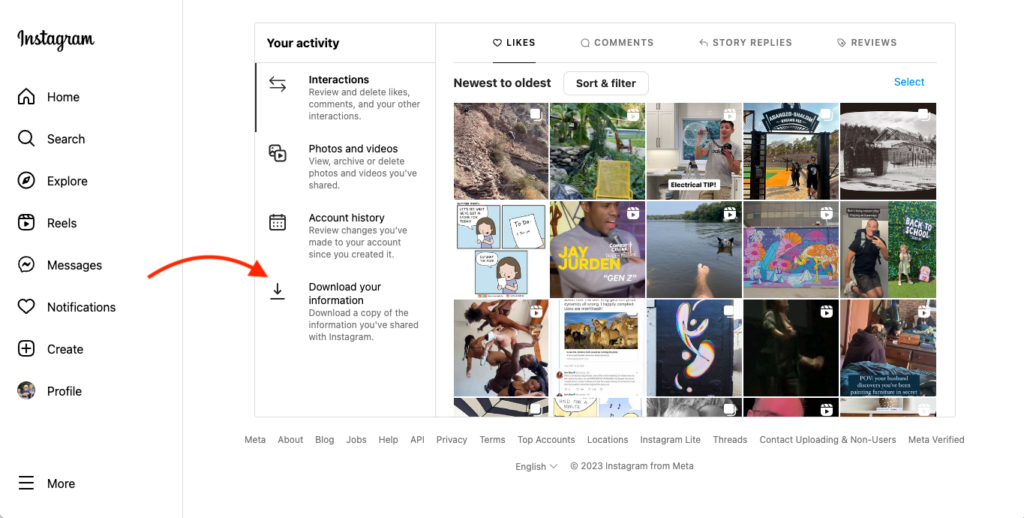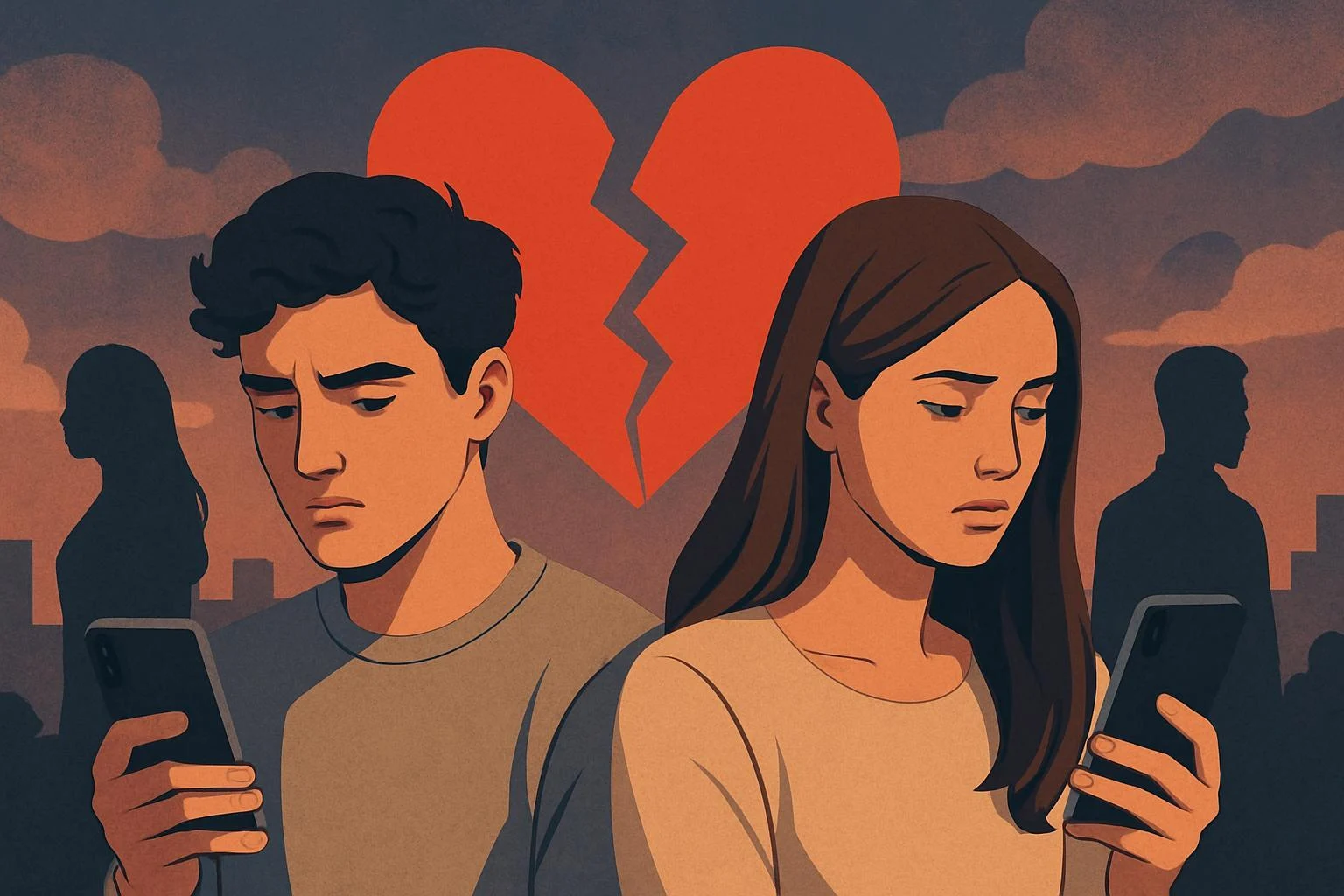Now Reading: Why Cancel Culture Does More Harm Than Good
-
01
Why Cancel Culture Does More Harm Than Good
Why Cancel Culture Does More Harm Than Good

Cancel culture has emerged as a powerful force on social media, with individuals and brands facing public backlash for perceived mistakes or controversial statements. While accountability is important, the practice often causes more harm than good. In Tier 2 cities across India, where online communities are tightly connected, cancel culture can quickly escalate, affecting reputations, careers, and mental health.
One major issue is the lack of context and nuance. Social media outrage often spreads without fully understanding the situation, leaving little room for explanation, growth, or forgiveness. This can turn genuine mistakes into permanent labels that overshadow a person’s positive contributions.
Another concern is the emotional impact. Victims of cancel culture frequently face harassment, threats, and social isolation. In smaller cities, where personal networks overlap both online and offline, the consequences can extend into daily life, causing stress and anxiety.
Cancel culture also discourages open dialogue. Fear of backlash can make people hesitant to express opinions, experiment, or learn from their mistakes. Instead of fostering accountability, it can create an environment of silence and performative compliance.
While holding people accountable is necessary, thoughtful engagement and constructive criticism are more effective than outright cancellation. Encouraging dialogue, understanding context, and allowing space for growth lead to long-term change rather than momentary outrage.
Ultimately, cancel culture highlights the power of collective voices but also the risks of judgment without understanding. Striking a balance between accountability and compassion is key to fostering a healthier and more informed digital community.

























